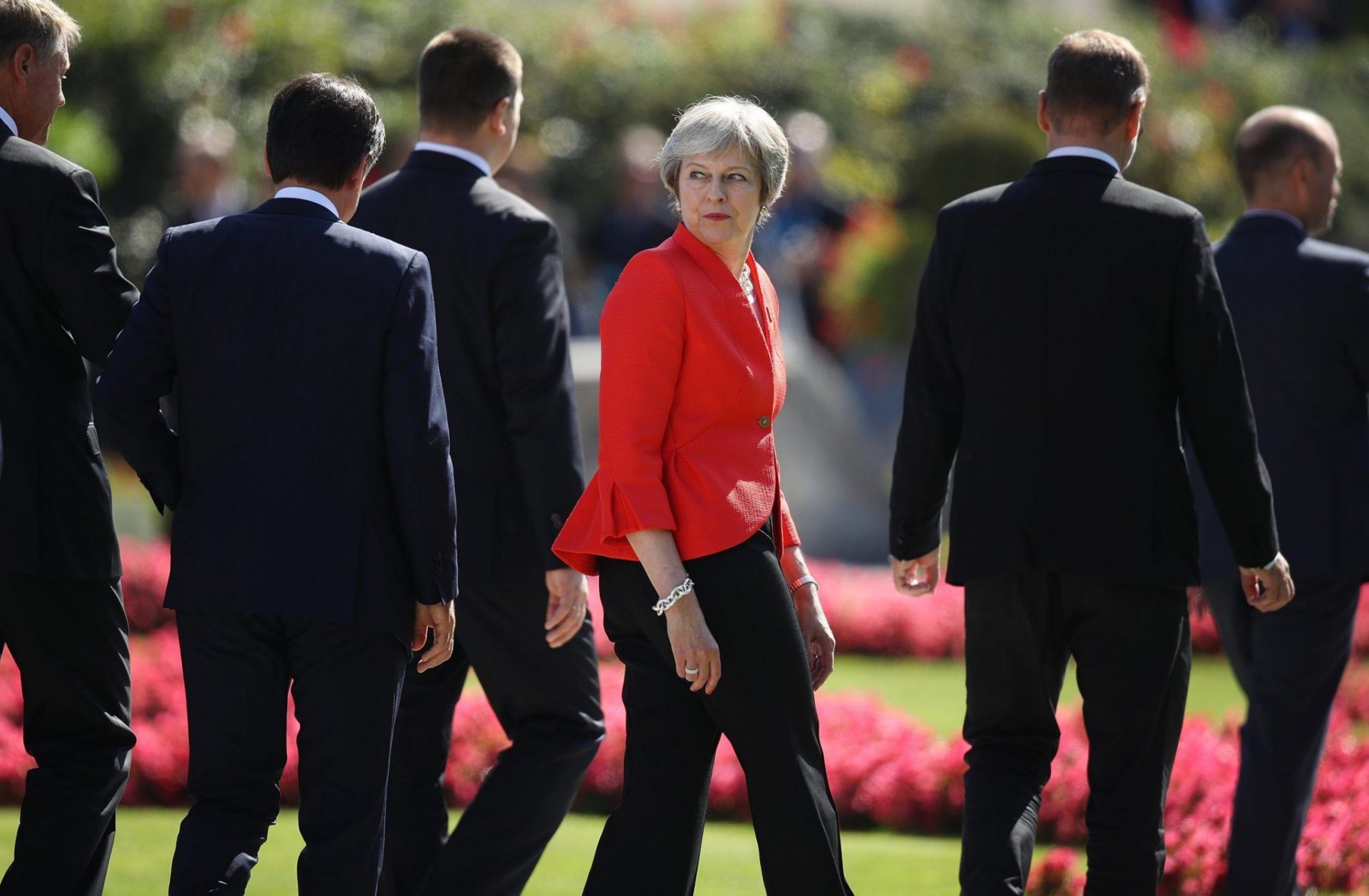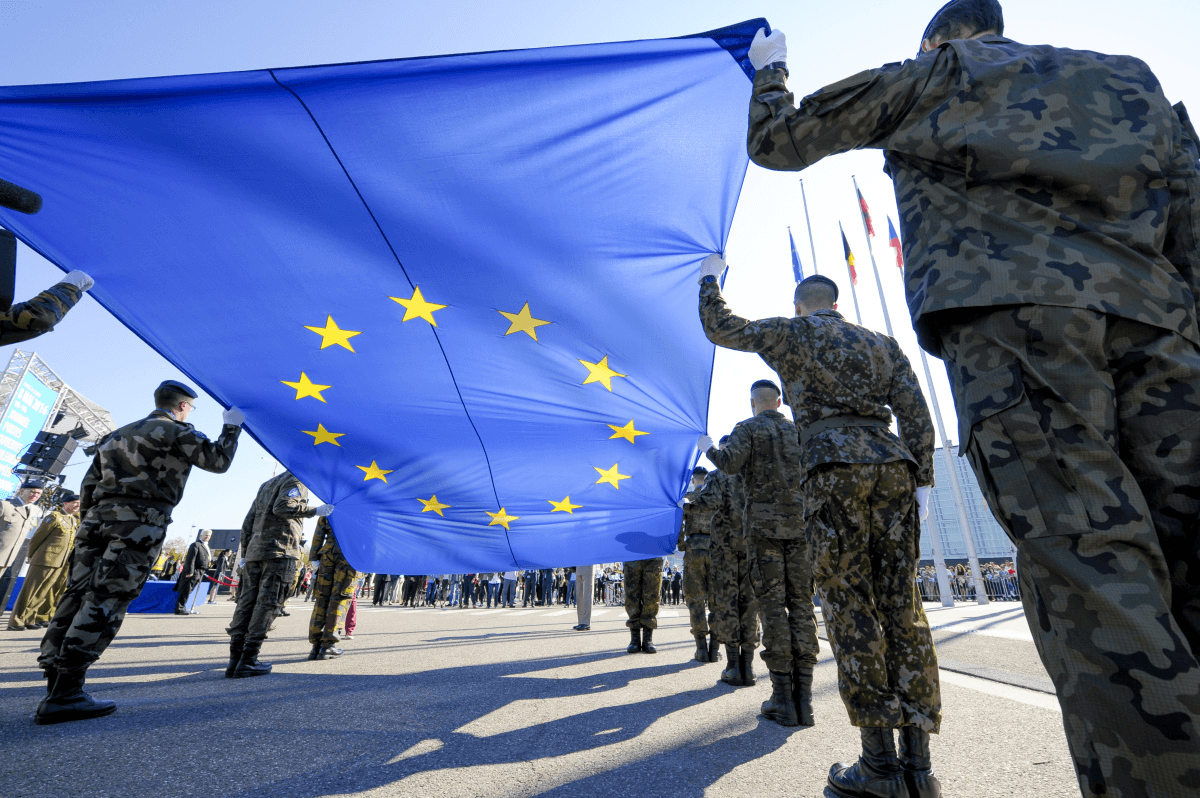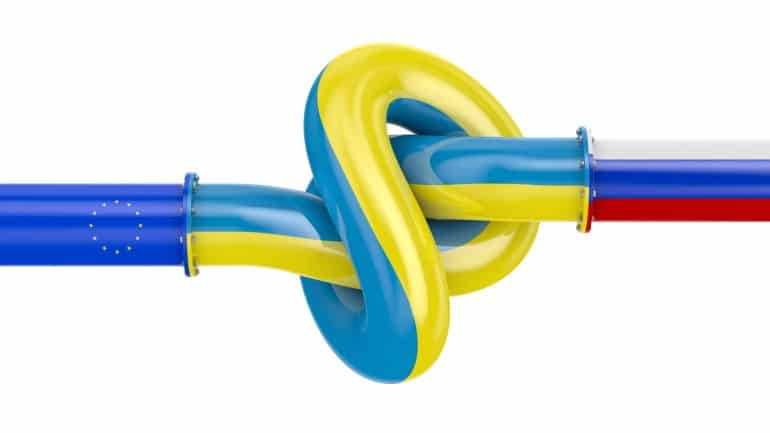
Theresa May’s disastrous participation in the Salzburg summit was evidently fresh in her memory. She was described as having “showed too much arrogance” in a miscalculation similar to David Cameron, had her plans ridiculed, and had been openly mocked by Donald Tusk in an Instagram post that sent shockwaves through social media. You could, at times, feel the anger shake Theresa May’s voice as she began her speech, glowering at the camera.
In her update to the British people, she highlighted that the UK and the EU are at an “impasse”, and find themselves a “long way apart”, producing a damning statement on the two proposals on offer from the European Union.
The first option, seeing the UK existing within the EEA, would mean “uncontrolled immigration from the EU” and the lack of ability to seek trade deals with other countries, which would “make a mockery” of the referendum results and would be unacceptable to the hard-line Brexiteers and British populists.
The second option, a basic free trade agreement for Britain, would require Northern Ireland remaining within the Customs Union, with the required border not respect the fact that Northern Ireland is “an integral part of the United Kingdom” and that its separation is “something [she] will never agree to.”
Rising to the expectations of many political spectators, she doubled-down on her Chequers deal and reiterated that it was the only acceptable deal for her, and by extension, Britain. She criticised Tusk for rejecting the Chequers deal without having explained why or having produced a counter offer to her plan, adding to the “fundamental mistake” she perceives the EU to have committed.
She also poured cold water over the embers of a second referendum with her statement that “the referendum was the largest democratic exercise” Britain had ever undertaken, and that any attempt to “deny its legitimacy or frustrate its result” effectively threatened trust in British democracy. She further underlined that failed to “respect the referendum” would be a bad deal and repeated her mantra that “no deal is better than a bad deal”.
She also was clear about her stance on her treatment in Salzburg, with indignation evident on her face, she noted that she had always “treated the EU with nothing but respect” but that “the UK expects the same” and that a “good relationship at the end of this process depends on it.”
She did hold out an olive branch to both Northern Irish and EU citizens, stating that she would protect the rights of both of these citizens groups, but groups such as the3million will certainly remain concerned by the lack of specificity coming from both the Government and the Home Office, and her statement also seemed to ignore the British citizens living within the EU, who are in the very same dangers as the3million EU citizens living across Britain.
With the negotiation entering the final stage where they would be the “toughest” in the entire process, Theresa May appeared to stand firm, and she ended her speech with a challenge to the European Union. Clearly smarting from the humiliation of the Salzburg summit, declaring that “no one wants a good deal” more than she does, but that she would not capitulate and overturn the result of the referendum.
The negotiations needed “serious engagement” in resolving what she had described as the “two big problems in the negotiations”. She signed off, glaring at the camera and stating that Britain “stood ready” before walking away from the podium.
However, as those who have followed these negotiations will note, Theresa May appears to have ignored the developments of the past two years, and her speech is already attracting derision.
For example, in her statement that the EU has not provided any alternatives to the chequers agreement, it is important to note that The EU has repeatedly advised the UK in regards to the “real issues” on Brexit since June of 2016, which appears to have fallen on deaf ears and could be evidence that the British negotiating team were not communicating the information they were receiving.
The EU even went as far as to produce a “future relationship” chart on the options available to the British government based on the red-lines that it had set, and that the main roadblock to an agreement is the matter of the Northern Irish border, which the UK government had stated they would resolve and failed to do so.
Likewise, we may be seeing a lack of self-awareness within the British prime minister when it comes to what happened at the Salzburg, with descriptions of her arrogance towards the European leaders, as well as the assumption that she wanted to “flex her foreign muscle to the ultras of the Conservative Party” before their annual conference is a possible explanation as to why she received such a cold and calculated reaction.
We’re also now in a situation where, with an incredibly tight deadline to find a solution to the aforementioned Irish border issue, Theresa May has apparently told Leo Varadkar, the Irish Taoiseach, that it would be impossible to come up with a solution within this time-frame.
The unfortunate fact of the matter here is that, for all intents and purposes, the Prime Minister has cornered herself by apparently having worked in an isolated manner, ignoring the EU negotiating team’s statements and work, and may have even allowed herself to believe that the EU needs the UK as much as the UK needs the EU.
Her position within her own party is imperilled, her negotiating strategy is crumbling around her due to her intransigence, and her only “acceptable option”, the Chequers agreement, has been rejected multiple times both by EU officials and within the UK.
The Prime Minister appears to be leading Britain into an out-of-control no-deal which will prove to be catastrophic for Britain, and for which there was no need. But unfortunately, due to the divisions within British politics, the behaviour of British politicians who have constricted Theresa May, and her lack of courage in these trying times, there may have never been another option.



